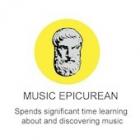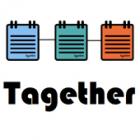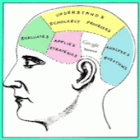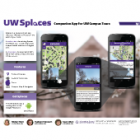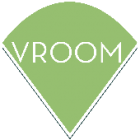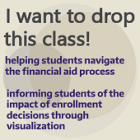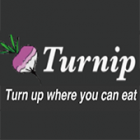
Turnip
When friends and family go out to eat, they can have difficulties determining what restaurants that they should go to because everyone can have different tastes and values. Turnip allows you to find good restaurants that have meal choices that fit your diet, even if they don’t specifically cater to you. Without our service, an individual would have to go through every restaurant’s website, find their menu, and parse out the information. Turnip users can search for a food item and filter the results by our four main categories: vegan, vegetarian, dairy-free, and gluten-free. A grid of pictures of restaurants that have food that match their search will show up with their address, contact information, and operating hours. The user can then click on the photos to look at each dish that satisfy their diet.

